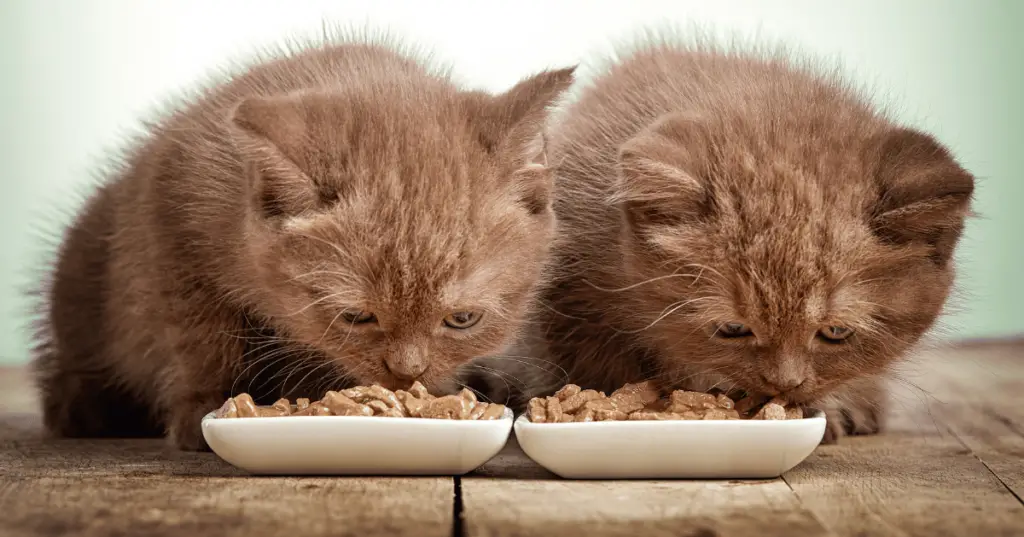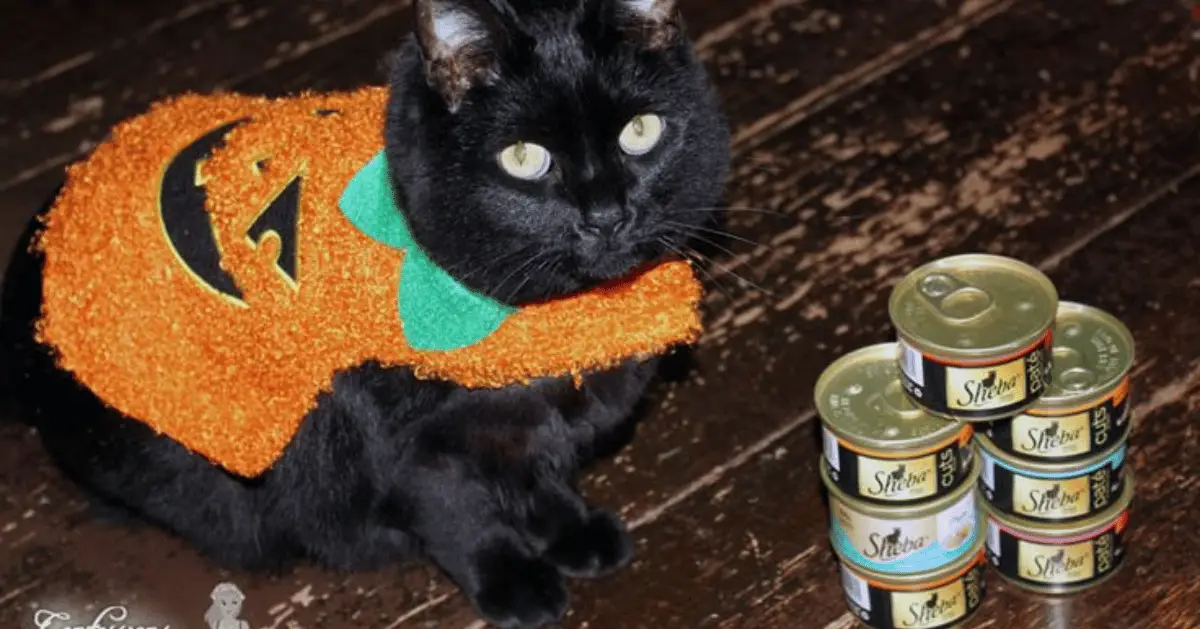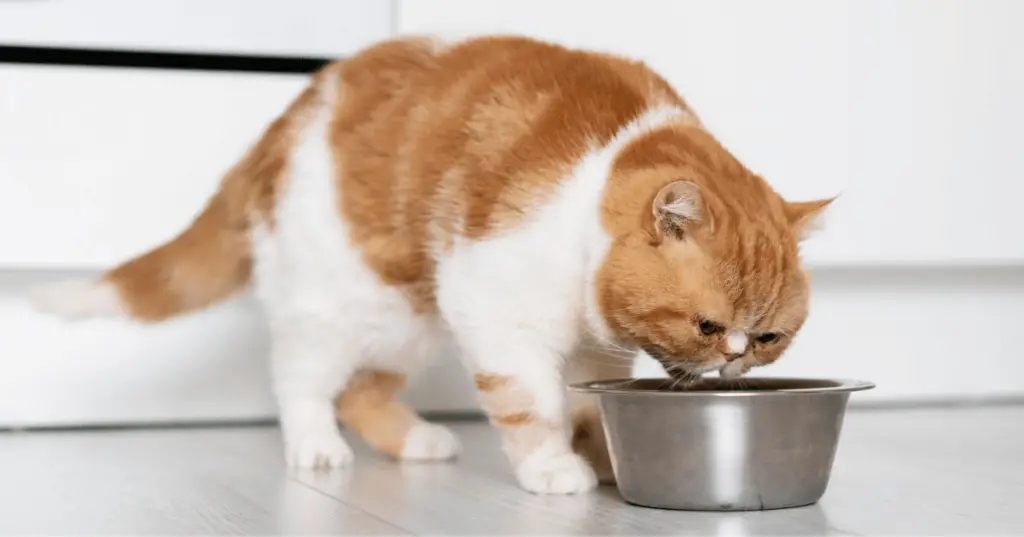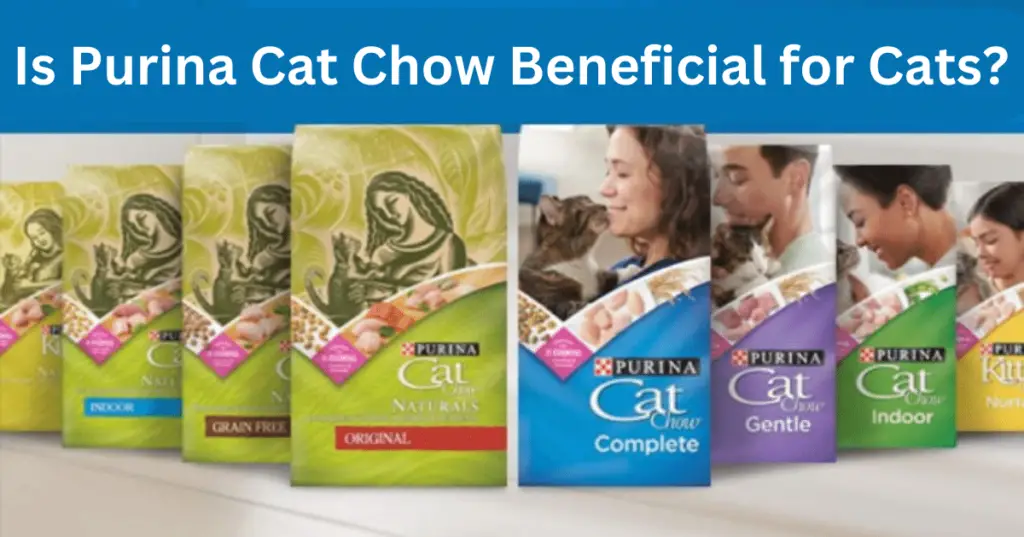Cats naturally eat a diet rich in animal protein, hunting birds and rodents in the wild. In our homes, we want to give them food that meets their natural needs while being convenient for us. With so many cat food brands out there, making a choice can be tough. Sheba is one popular brand many cat owners consider. But how well does Sheba cat food match up to a cat’s natural diet?
In this article, we will explore whether Sheba is a good fit for your feline friend. We also provide an in-depth analysis of Sheba cat food, breaking down its ingredients, nutritional value, flavor varieties, and more. By the end, you should have a clearer idea of whether Sheba is the ideal choice for your furry companion. Let’s dive in.
What Is Sheba Cat Food?
Sheba is a well-known name in the cat food sector, frequently recognized for its distinctive premium products. The brand prides itself on crafting recipes that closely mirror a cat’s natural diet. Typically, their products feature real meat or fish as primary ingredients, emphasizing quality and taste.
Sheba cat food comes in various forms, including wet and dry versions, catering to the different preferences and needs of cats and their owners. The brand stands out for its commitment to avoiding artificial preservatives and fillers, aiming to provide a more natural dining experience for cats.
Ingredients That Sheba Uses in Its Cat Food Products
Understanding the ingredients in your cat’s food is crucial, as it directly affects their health and well-being. Let’s break down the main components found in Sheba’s offerings:
Primary Ingredients
Meat or Fish: Sheba emphasizes using real meat or fish in their recipes. This means that the first ingredient you’ll often see on their label is a protein source like chicken, tuna, or salmon. Such ingredients ensure that the cat gets essential amino acids for muscle growth and maintenance.
Additives
Vitamins and Minerals: To complement the natural nutrients found in meat and fish, Sheba includes essential vitamins and minerals in its recipes. These can support everything from bone health to vision and immune function.
Taurine: Taurine maintains the functioning of the heart and eyes and is a necessary amino acid for cats. Sheba makes sure its food contains this important ingredient.
Preservatives
Natural Preservatives: Unlike some brands that rely on artificial chemicals, Sheba prefers natural preservatives. These might include vitamin E or rosemary extract, which help maintain the freshness of the food without compromising health.
Is Sheba Cat Food Nutritionally Balanced?
Sheba cat food is known for its emphasis on real meat or fish, providing essential protein for cats. This protein supports muscle maintenance and growth. In addition, the brand integrates healthy fats into their recipes, which benefit the cat’s coat and energy levels. Essential vitamins and minerals are also present in Sheba’s formulations, catering to various health requirements, from bone health to immunity.
Carbohydrates, although minimal, are added thoughtfully, avoiding unnecessary fillers. Especially in their wet food varieties, Sheba ensures adequate moisture content, aiding in hydration and urinary health. However, always consult a veterinarian for individual dietary needs.
Wet vs. Dry Sheba Cat Food
Sheba cat food caters to a range of preferences by offering both wet and dry formulations. Each form has its distinct advantages and drawbacks, depending on the needs of the cat and the convenience sought by the owner.
Wet Cat Food
Wet cat food, often served in cans or pouches, generally has a higher moisture content. This can help cats stay hydrated, which is especially beneficial for those who don’t drink water frequently. It can also aid in urinary tract health. On the downside, wet food can spoil more quickly once opened, and it may be more expensive than dry food on a per-meal basis.
Dry Cat Food
Dry kibble can be more convenient for many cat owners. It has a longer shelf life, can be left out for extended periods without spoiling, and may be more cost-effective in the long run. Additionally, the crunchy texture can assist in reducing tartar buildup on a cat’s teeth. However, it’s essential to ensure cats get enough water if primarily fed dry food, as it lacks the moisture content present in wet varieties.
Common Myths About Sheba Cat Food
It’s common for myths and misunderstandings to surface when it comes to well-known cat food products like Sheba. Here, we address some of the most prevalent myths associated with Sheba cat food.
“Sheba uses fillers in their cat food.”
Sheba prides itself on avoiding common fillers and emphasizes using real meat or fish as the primary ingredient in their recipes.
“All commercial cat foods are the same.”
Not all cat foods are created equal. While some brands may compromise on quality, Sheba positions itself as a premium brand focusing on natural ingredients and nutritional balance.
“Wet food from brands like Sheba can lead to dental issues in cats.”
Dental health in cats is complex and isn’t solely determined by the type of food they eat. Regardless of diet type, frequent dental checkups and adequate oral care are equally important. Dry food can help decrease tartar accumulation.
“Sheba cat food is too rich and can lead to obesity.”
Like any food, the key is portion control and ensuring your cat gets adequate exercise. Sheba provides feeding guidelines, and owners should adjust portions based on their cat’s activity level and specific needs.
Is Sheba Cat Food Affordable?
Affordability can be subjective and often depends on individual budgets and what one is willing to invest in their pet’s nutrition. That said, Sheba positions itself as a premium cat food brand, emphasizing quality ingredients and a tailored nutritional profile for cats.
In comparison to generic or budget brands, Sheba can have a little higher price. However, when contrasted with other premium or specialty cat food brands, Sheba’s pricing tends to be competitive.
While upfront costs might be higher, investing in quality cat food can potentially lead to fewer health issues in the long run. This can translate to fewer visits to the vet and associated expenses.
When considering the cost, it’s also essential to factor in the value in terms of ingredient quality, nutritional balance, and overall cat well-being.
FAQs
Does Sheba use artificial colors or flavors?
Sheba emphasizes its commitment to natural ingredients, avoiding artificial colors and flavors in its products.
Where is Sheba cat food produced?
Sheba is a global brand, and its production locations can vary. It’s best to check the packaging or the company’s official website for specific information about where a particular product is manufactured.
How often should I feed my cat Sheba cat food?
Feeding frequency can depend on factors like the cat’s age, size, and activity level. While Sheba provides general feeding guidelines on its packaging, consulting with a veterinarian can help tailor feeding routines to individual cats.
Can I switch from another brand to Sheba suddenly?
It’s typically advised to switch to a new brand or kind of cat food gradually. Mixing the new food with the old in increasing proportions over a week can help reduce potential digestive upset.
Conclusion
Navigating the world of cat food can be overwhelming, with numerous brands and varieties available. Sheba cat food, as a recognized name in the industry, offers a compelling range of products, focusing on quality ingredients, nutritional balance, and flavor variety.
While the brand boasts many positives, the final decision should always be tailored to your cat’s individual needs and preferences. Keeping an open dialogue with your veterinarian, staying informed about product recalls, and observing your cat’s reactions to different foods are essential steps in ensuring their well-being.




